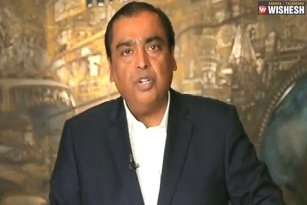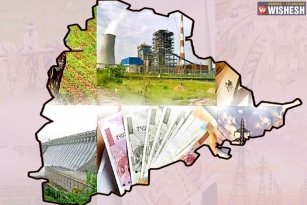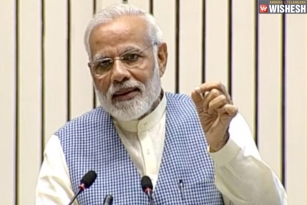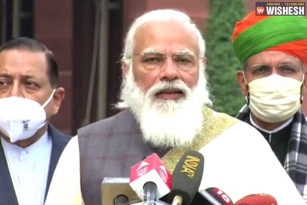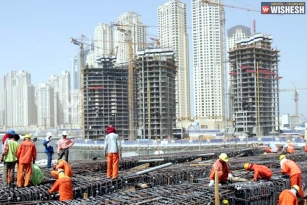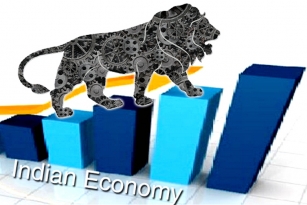
India is one of the fastest growing economies in the world, according to the IMF's latest economic health check. The other Asian giant China's economy is slowing, according to the International Monetary Fund's (IMF) Regional Economic Outlook for Asia and the Pacific. Growth in Asia and the Pacific will continue to outperform the rest of the world, and is expected to remain steady as per the report released. Growth will be driven by domestic demand, underpinned by healthy labour markets, low interest rates and the recent fall in oil prices. The global recovery, while moderate and uneven, will continue to support Asia's exports, said the report.
IMF's Regional Economic Outlook calls for a strong push for structural reforms across economies in the region. The report notes that in addition to boosting production capacity, structural reforms can help to rebalance the growth towards consumption, which remains a priority for some major Asian economies. The report noted that lower oil prices have provided an opportunity to undertake further fiscal reforms aimed at lowering energy subsidies and measures have been taken in a number of countries including India, Malaysia, and Indonesia.
"This will be particularly important to increase resilience to shocks and to contain the build-up of systemic risk associated with shifting financial conditions and volatile capital flows", the report said. "Asia, which accounts for nearly 40 per cent of global output, contributes nearly two-thirds of global growth, will remain the global growth leader, even though potential growth speed is likely to slow", it said. "Most Asian policymakers have in place broadly appropriate interest rate and fiscal policy settings, although the risk of renewed financial volatility may warrant a somewhat tighter monetary policy stance in some countries", it said. "But the outlook could be vulnerable to adverse events", says the report.
Maintaining flexible fiscal and monetary policies to effectively manage aggregate demand will remain important in the future.
By Premji















